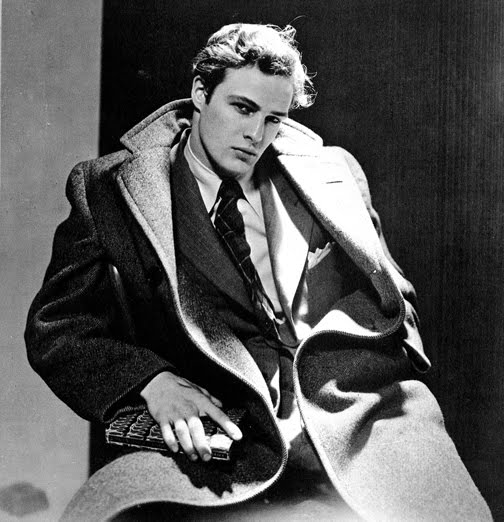I've wondered of late if the bizarre Charles Manson murders were somehow encouraged or orchestrated by forces—perhaps in the US government—aimed at discrediting the peaceful hippie movement and the drugs it favored, such as LSD.
The gruesome Tate-LaBianca murders on August 9&10, 1969 are often cited as the death knell of the 60s, and this point is made in the 2018 documentary by Jakob Dylan, "Echo in the Canyon," which celebrates the musical culture of Laurel Canyon near Los Angeles, and also documents the grave effect the murders had on the scene there.
A little Googling on the topic lead me to the 2019 book, CHAOS: Charles Manson, the CIA, and the Secret History of the Sixties by investigative journalist Tom O'Neill. While it doesn't provide a direct link between Manson and the CIA, there's a great preponderance of evidence to connect, in horrifying way, the CIA's secretive MK-ULTRA program, which may have recruited Manson while he was serving time in federal prisons.
The book takes the reader on a journey through 20 years of O'Neill's research and hundreds of interviews with movie industry players, police, surviving Manson Family members, relatives of their murder victims, and others, including LA DA Vince Bugliosi, who made his name prosecuting the murders, followed by writing the bestselling book Helter Skelter about them.
O'Neill begins the book poking huge holes in the official record and prosecutorial procedure around the Manson family. Chaos details how a huge raid by the LA County Sheriff's office on the Manson family ranch in the weeks following the Tate-LaBianca murders lead to no arrests, despite stolen property and guns being found. Manson was also freed later that August after being caught with a stash of marijuana joints while in bed with an underage, 17-year-old girl, despite being on federal parole. O'Neill began to wonder if Manson was somehow being used as an informant by police, and thus kept getting a "Get Out of Jail Free" card.
 |
| Elke Sommer and Sharon Tate in The Wrecking Crew |
The author interviewed friends of Sharon Tate, including actress Elke Sommer, who appeared with Tate in her last movie,
The Wrecking Crew. Sommer said Roman Polanski was a controlling, abusive husband. A tape of Tate having sex with other men staged by Polanski, who forced her to do it, was found in their home after the murders, but dismissed as evidence by Bugliosi. At the time of the murders, Polanski—who is now living in exile from the US after being prosecuted in 1977 for drugging and raping a 13-year-old girl—was working in London, reportedly having affairs, and leaving his pregnant wife in their California house with cast of characters including drug dealers who cornered the market on MDA along with Wojciech Frykowski, one of the murder victims.
O'Neill interviewed some of these characters and their associates, who bragged of connections to US intelligence that the author was able to confirm. Several times, they threatened to kill him in violent ways if he pursued his research, and they said Bugliosi was fearful of them, which is why he changed their names in Helter Skelter. Two of these men were in Jamaica at the time of the murders, giving them an alibi but leaving open the possibility that they could have enlisted Manson to commit them.
Soon, O'Neill's research pressed him to "broader connections and social implications" of politics in California. In Chapter 7, "Neutralizing the Left," O'Neill delves into efforts to defuse the Black Panther Party and how Manson might have connected with those efforts. He focused on "two secret intelligence operations that were under way in Los Angeles in 1969: the FBI's COINTELPRO and the CIA's CHAOS. Their primary objective, according to three congressional committees that investigated them in the mid-seventies, was to discredit the left-wing movement by any means necessary—an aim that, coincidentally or not, described the effect of the Manson murders."






